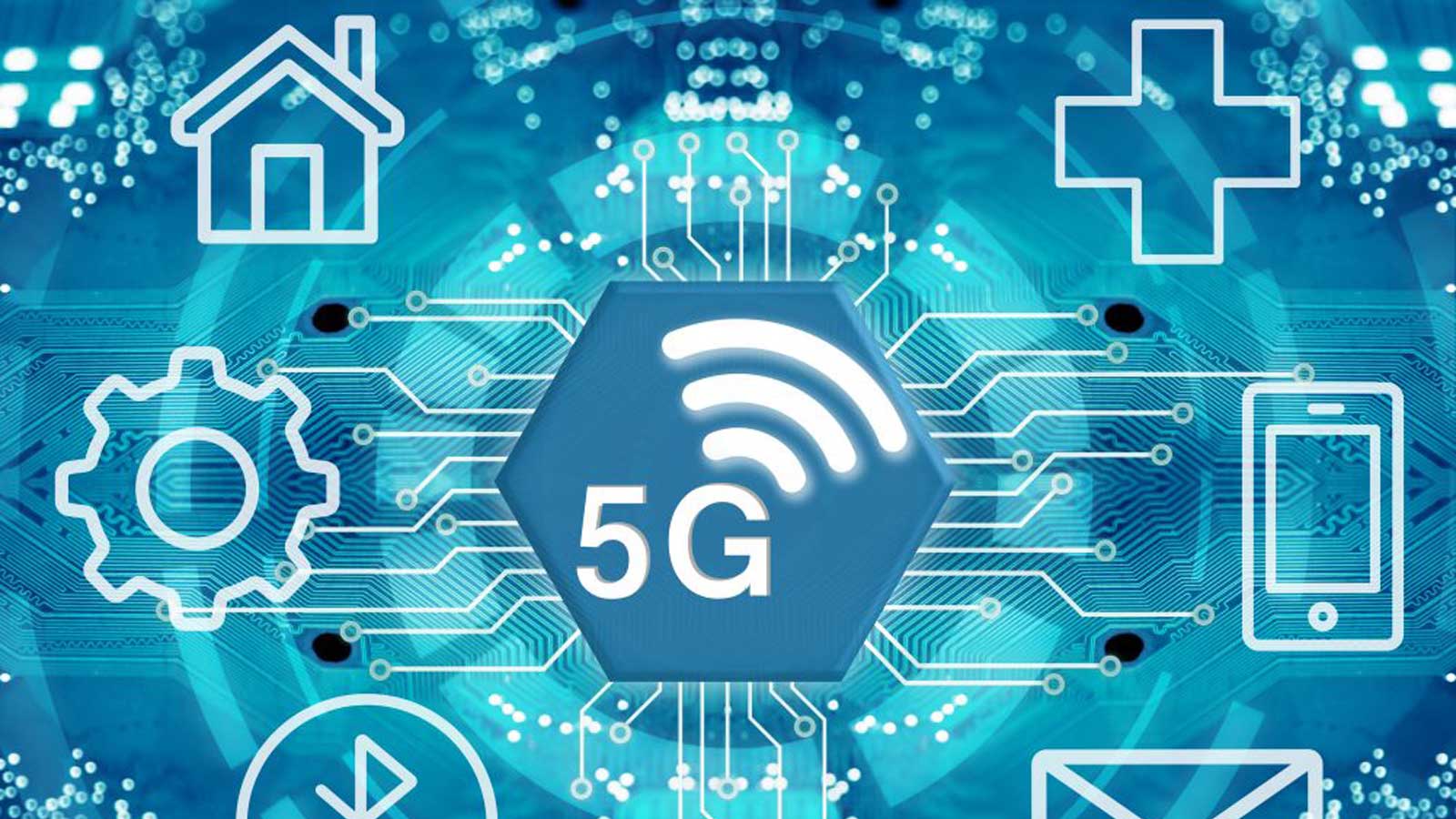5G and the Future of Remote Project Management

The rollout of 5G wireless technology promises to supercharge internet speeds, connectivity, and capabilities. As 5G networks expand globally over the next few years, professional teams stand to benefit significantly from enhanced remote collaboration tools and virtual work solutions.
Project management in particular is poised to transform with 5G enabling more immersive communication, seamless data sharing, and innovative approaches to managing dispersed teams and workflows. Faster connectivity and bandwidth will allow project managers to direct complex initiatives without geographic constraints.
In this article, we analyze the major implications of 5G for remote project management and leading a high-performance distributed workforce. While foundational tools like video chat and cloud software will improve, entirely new project management possibilities emerge with 5G powering the future of remote work.
Faster File Sharing & Collaboration
Slow file transfers and lagging connections hamper remote teams currently. 5G’s exponential speed improvements will enable seamless sharing of extremely large design files, 3D models, videos, and other bandwidth-intensive collaboration resources.
Teams can review and iterate on the same massive files in real-time across locations without delays. Fast sharing fuels productivity and alignment when teams are not physically together.
Enhanced Multi-User Video Conferencing
Today’s video meetings often suffer from pixelation, stutters, and choppy audio when multiple users connect remotely. 5G provides the reliability and bandwidth to maintain crystal clear 4K video conferences with dozens of dispersed team members.
Stable multi-user video creates life-like meeting experiences where everyone interacts seamlessly as if in the same room. Higher engagement and inclusion results without technical distractions.
Collaborative Augmented & Virtual Reality
AR and VR unlock new avenues for interacting with 3D models and virtual environments. But current networks struggle with supporting multi-user AR/VR content. 5G enables collaborative 3D experiences where dispersed teams jointly explore the same digital models with no lag or disconnects.
Shared VR meetings also become seamless. Teams across locations can ideate and problem-solve together in real-time within 3D VR rooms and environments.
Uninterrupted Live Site Streaming
Effective remote project management relies on up-to-date visibility into field work. While live video feeds from construction sites or field locations are possible today, streaming often lags and cuts out due to insufficient bandwidth.
With 5G’s speed and stability, project managers can monitor sites remotely in real-time with smooth video to gain insights and provide guidance. Continuous reliable streams keep leaders looped in.
Enhanced Digital Twin Simulations
Digital twins are virtual replicas of infrastructure and assets that allow remote monitoring and simulations for decision-making. Current networks limit digital twin fidelity and multi-user interactivity.
5G enables advanced collaborative digital twin analysis. Highly detailed 3D asset models can be simulated and streamed across locations to evaluate design options, maintenance strategies, construction methods, and more.
IoT-Driven Remote Operations
Expanding internet-of-things (IoT) networks require robust connectivity to relay sensor data and support device control. 5G’s bandwidth and minimized latency will accelerate and optimize remote operation of everything from industrial machinery to commercial HVAC systems.
Managers can oversee facilities anywhere in the world using live readings and telemetry from equipment that help diagnose issues and adjust operations remotely. IoT + 5G enables remote hands-on oversight.
Automated Progress Monitoring
Tracking construction progress against schedules and workplans is vital for project managers. While emerging technologies like drones, 360-degree cameras, and AR can automate monitoring, bandwidth limitations curtail adoption today.
5G will enable comprehensive automated remote progress tracking and analytics. Managers can get live progress dashboards and alerts rather than waiting for lagging manual updates. This allows proactive guidance.
Multi-Drone Coordination
Advanced drones have huge potential for remote inspection, safety enforcement, and surveying, but current networks only allow solo flights. 5G opens the door to coordinating large teams of drones to gather video footage and sensor data across massive job sites.
Managers will be able to deploy and direct fleets of drones in tandem for comprehensive monitoring. Drone swarms expand visibility.
AI-Powered Decision Making
Artificial intelligence augments human capabilities but requires vast data flows and connectivity to function optimally. 5G will unlock the full potential of on-site AI to process volumes of information and distill insights for leaders to make smart decisions faster.
Project managers can rely on AI assistants to provide analysis and recommendations by tapping real-time data from equipment sensors, progress reports, market conditions, and more. AI + 5G boosts productivity.
Conclusion
While optimizing existing processes, 5G’s speed and reliability enables entirely new collaborative paradigms and solutions. Project professionals should consider how 5G could transform elements of their workflows today while also brainstorming future applications.
Organizations able to leverage 5G technologies early will have a competitive advantage in productivity, innovation, and remote work capabilities. Project management will never be the same with 5G serving as the connective tissue for the next-generation networked jobsite.